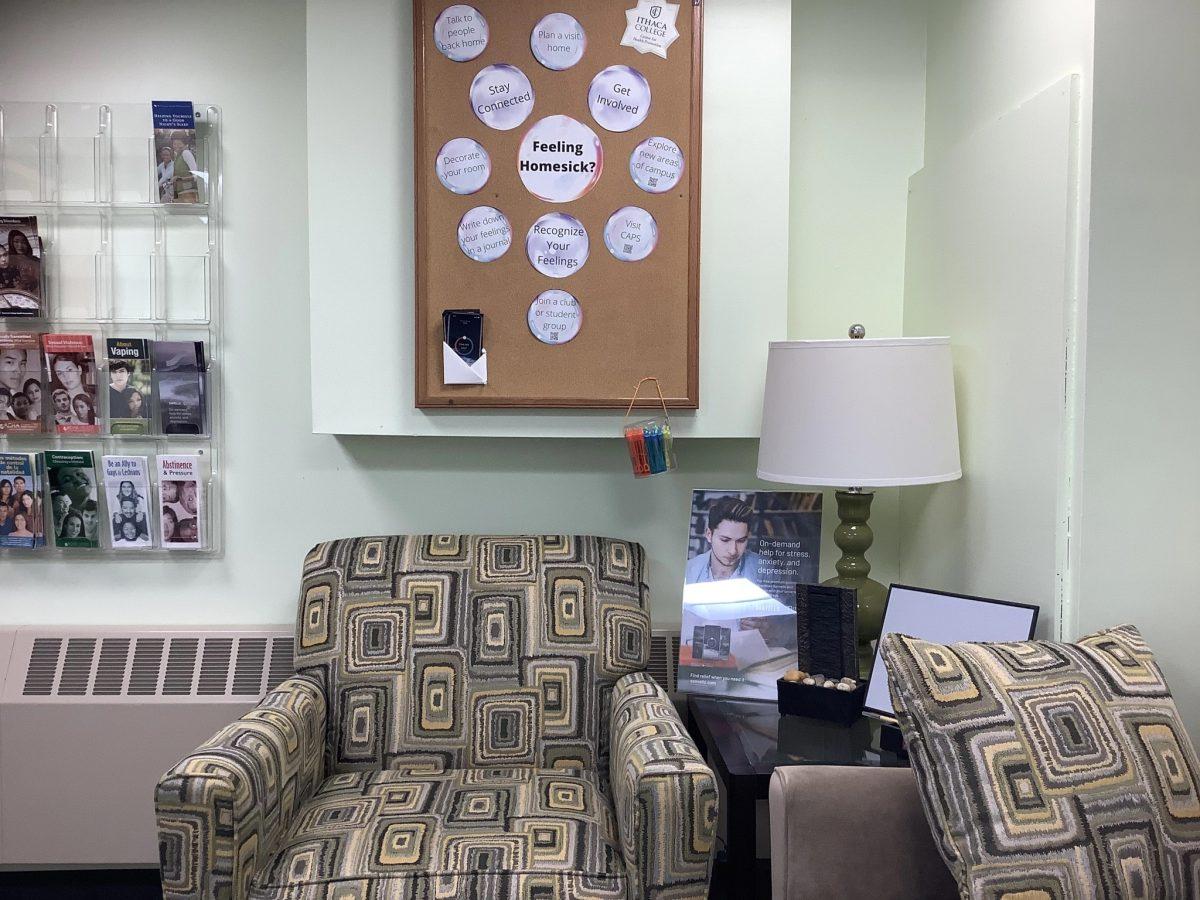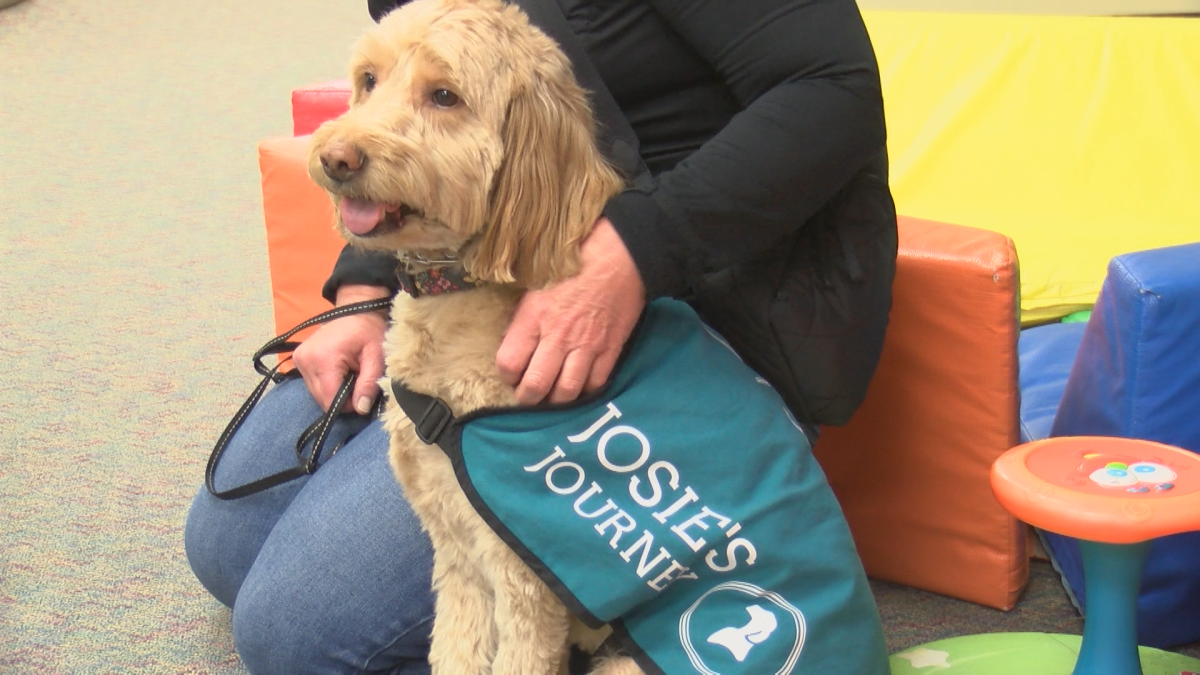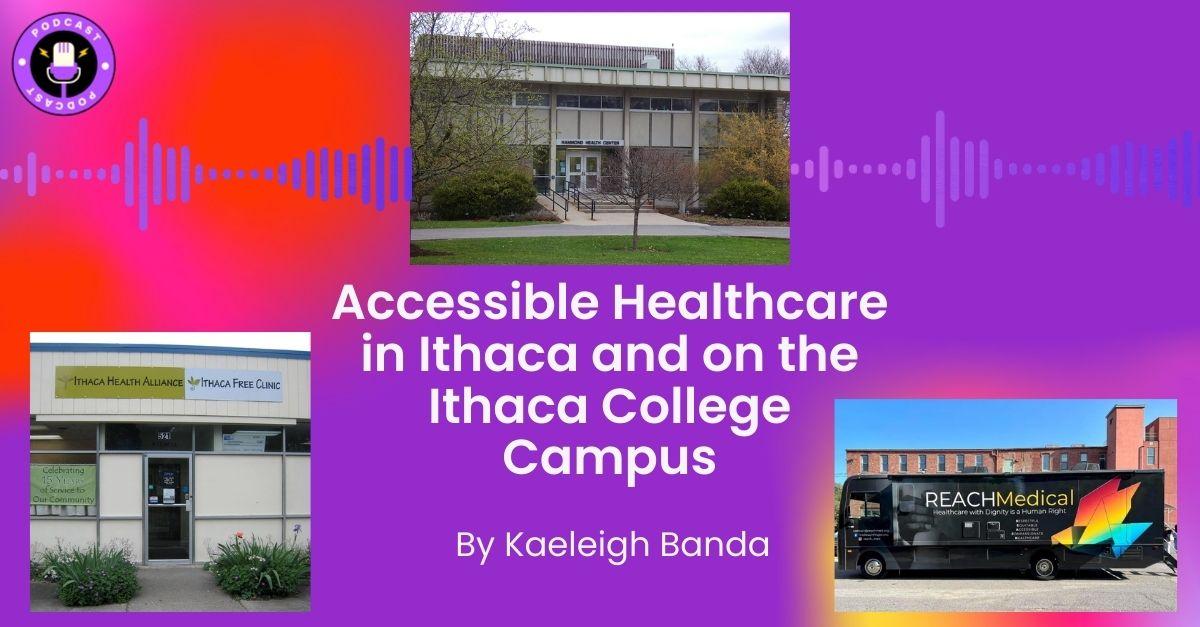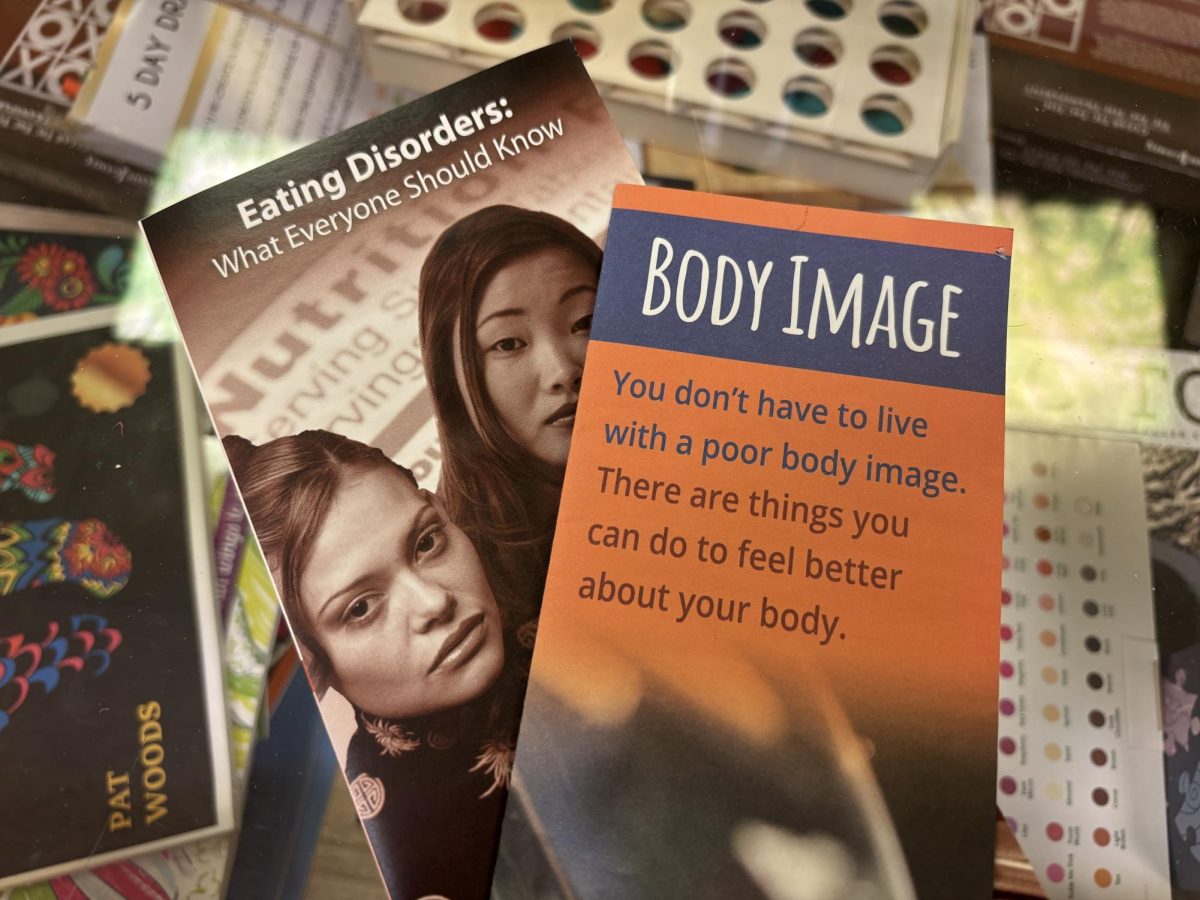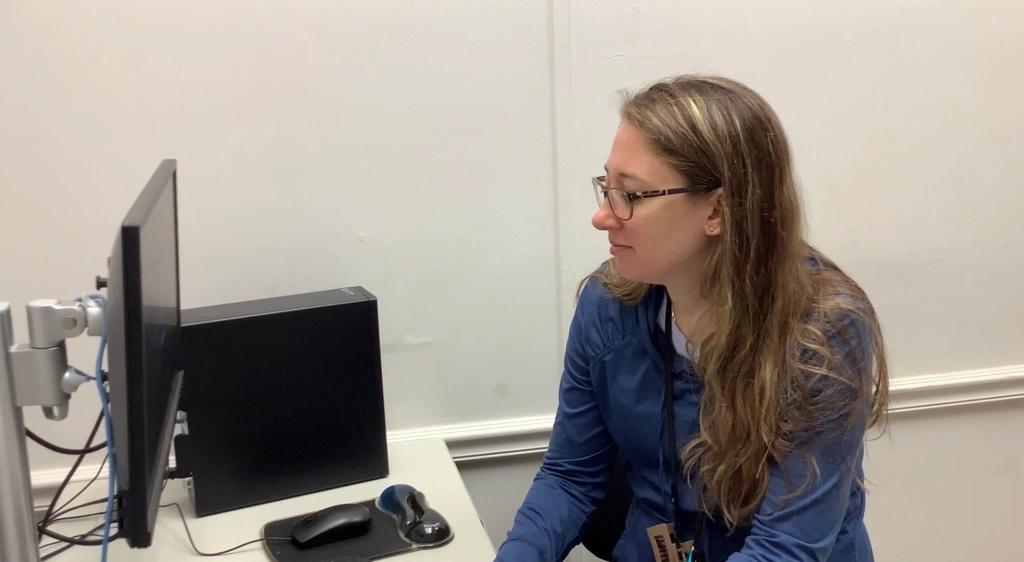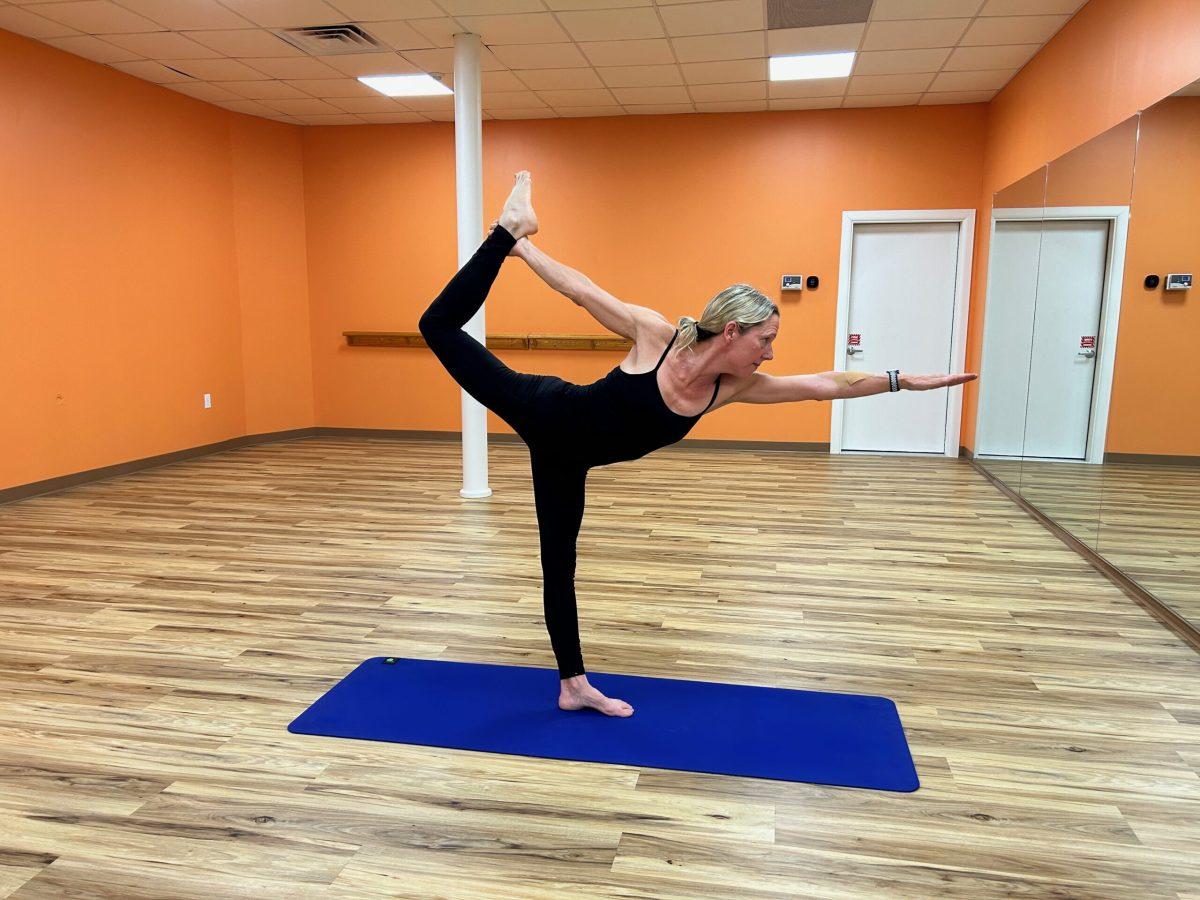Education professionals on new and familiar resources for Ithaca educators
The pandemic has transformed the way students and educators approach work and school cultures. Many conversations around mental health center on the voices and needs of students. The Ithaca Teachers Association and Ithaca College’s collaboration with the Sanvello app demonstrates how mental health discourse should extend to staff and faculty.
Support for K-12 educators
The Ithaca Teachers Association (ITA) is an organization representing over 600 educational professionals in the Ithaca City School District (ICSD). The organization includes teachers, as well as school counselors, psychologists, and social workers among other ICSD staff.
The organization is affiliated with New York State United Teachers (NYSUT), a statewide union consisting of over 600,000 members. ITA President Adam Piasecki said that ITA members’ need for support has increased since the start of the pandemic.
“The demands and the stress of the job itself are really hard,” he said. “And then, unfortunately, COVID has kind of driven some people into early retirement.”
Piasecki has been teaching at the elementary school level for 20 years. He first started out in ITA as a building representative. He was later elected as president in 2012. Piasecki said that as student mental health needs increase, teachers must be equally supported.
“We’re working with human beings that come from homes and from families that are also dealing with society’s ills and stressors,” he said. “As we provide mental health support for students and families, we ourselves are sometimes needing that as well.”
ITA members have access to an Employee Assistance Program (EAP). EAPs offer free and confidential short-term counseling services, referrals, and follow-up services to working professionals — insurance is not required for the service.
“It’s a great resource for people to get a certain number of sessions,” he said. “After that, they (EAP workers) help the person find an adequate provider or agency for continued, ongoing or more in-depth support.”
Piasecki added that since the pandemic, the NYSUT has developed a substantial employee benefits program called Peer Support Line. The free call line is staffed by social workers and current and retired teachers who can connect callers to a healthcare agency or other resources.
Piasecki also said that NYSUT’s Education and Learning Trust also offers virtual webinars and workshops on physical and mental wellness for union members.
‘Self-care at your fingertips’

In early February 2022, Ithaca College (IC) announced its collaboration with Sanvello, a mobile mental health app. The app uses methods from cognitive behavioral therapy to help users manage issues such as stress, anxiety and depression. The app is free to IC students, faculty and staff for the next three years. Michelle Goode, program director of the Center for Health Promotion at IC, explained the process of getting Sanvello on campus.
“There were different pockets of people saying the students are really struggling, the staff are really struggling, the faculty are really struggling,” she said.
Goode said that the app provides a way to reach people and meet their current needs. The institution began looking into phone apps to help with this outreach. Sanvello was among the mobile app recommendations from the JED foundation, who the campus currently partners with. Received enough donations during Giving Tuesday last fall to have Sanvello on campus for the next three years.
“There’s really no one-size-fits-all that will work for every person, so we know that Sanvello might not be the best for every person,” Goode said. “But what we like about it is it’s really adaptable.”
New users fill out a brief assessment to gauge their needs. Based on the assessment results, the app will recommend one of five “guided journeys” — managing stress, anxiety, or depression, building resiliency, or working on mindfulness and meditation.
Why educators’ health matters

Piasecki said that it is necessary for education professionals to be at their best selves to provide care for others.
“It’s not just curriculum anymore,” Piasecki said. “It’s providing social and emotional care for students. It’s connecting with families.”
Goode said that considering everyone’s mental health makes for a more warm and inviting campus environment. She said that sometimes there is a disconnect between educational professionals and the communities they serve. She encourages everyone to be understanding of others’ experiences.
“I just like to extend that courtesy, always to be mindful and to try to lead with empathy,” she said. “I think a lot of people are leading in that way and that helps to build better relationships.”

